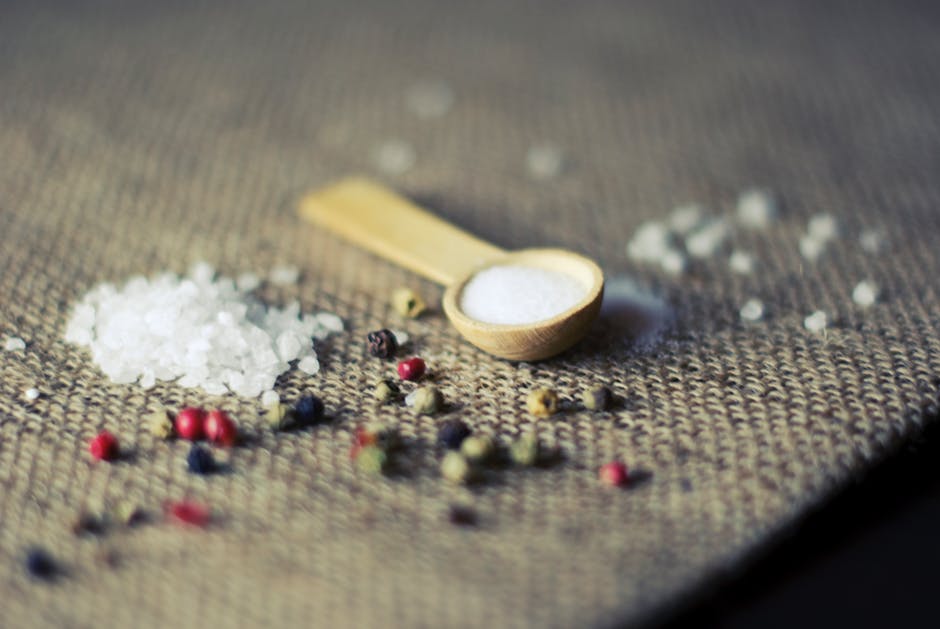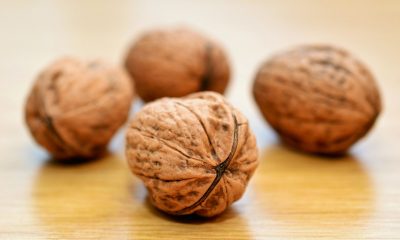There’s new evidence that salting meals at the table can be dangerous.
In a new study by the Tulane University, people who always add extra salt to their meals had a 28% higher risk of prematurely dying from any cause than those who do not.
Published in the European Heart Journal, were from 501,379 adult participants in the UK Biobank Study. Recruited between 2006 and 2019, the participants answered questionnaires on their diet and lifestyle habits.
Over the period of nine years, more than 18,000 of the participants died prematurely – which the researchers noted down as before age 75. After assessing their life expectancy, the researchers found that the risk of suffering from an untimely death was 28% higher among participants who said they “always” added salt to their meals than those who never or rarely did.
Despite this, there could still be other differences between the two groups. For example, the “never” group is likely to have had other healthy habits other than just not adding salt.
Lead researcher Dr. Lu Qi, of Tulane University School of Public Health and Tropical Medicine in New Orleans, said his team accounted for many other factors, inlcuding body weight and health conditions, smoking and drinking habits, and exercise levels. Still, salt habits got linked to the odds of a premature death.
Qi said that the study could not show why, but he believes the effect of excess salt on blood pressure was the contributing factor. People who habitually add salt to their food are said to have an increased risk of dying from either stroke or heart disease.
“To my knowledge, our study is the first to assess the relation between adding salt to foods and premature death,” said Qi, adding that while the findings do not prove that salt is deadly, it supports going lighter on it.
“It’s a simple behavior people can modify,” Qi added.
According to Whitney Linsenmeyer, an assistant professor of nutrition at Saint Louis University, people often reach for the salt shaker out of pure habit.
“Oftentimes, it just takes a bit of raised consciousness to break that habit,” said Linsenmeyer.
















